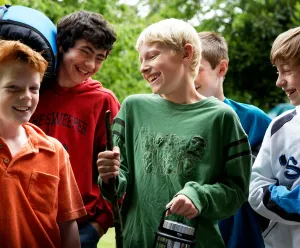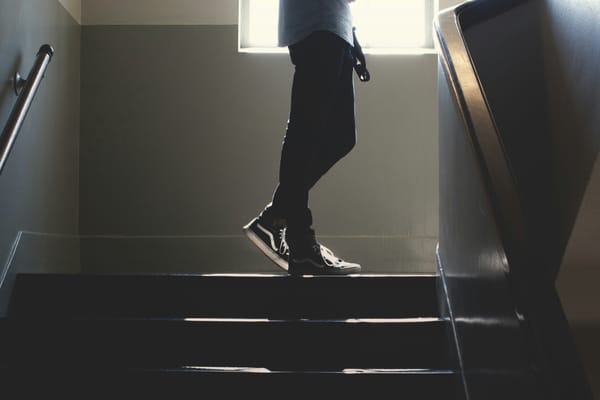Dr Claire Kelly is the Director of International Programs for Mental Health First Aid Australia. She had some key takeaways and lessons in her session in The Calm, Connected Tweens and Teens Summit last month.
What are some of the signs that your teen's (or tween's) wellbeing is compromised? CHANGE is the key - change in mood, thinking, functioning, social interaction, communication... They are in a transformative period so change is normal. But... is the change more extreme than you'd expect? Is it lasting longer than expected? Are they still actively participating in their lives, school, friendship and family or withdrawing? Can you communicate with your child? Are you noticing changes in patterns of behaviour? Remember YOU are the expert on your child. If you're concerned about these changes, you are most likely correct.
That said, we have to remember that our kids are growing up in a very different environment to the one we did. It's hard to fully understand their lives from our own lived experience. There are always similarities to draw on though - and to remind our kids we are not that out of touch!
Remember friendships over the Internet aren't all bad. Some kids lack connection in real life, so online is definitely better than nothing.
As a parent, and likely as someone who is not qualified in mental health care, please don't try to diagnose a mental health condition in your child. I know when I did my MHFA training a great analogy was used... 'if someone comes to you with a broken leg, you don't try to fix it, you get them to a qualified professional to do that. Mental health first aid is exactly the same. You are most likely not qualified to fix it, your role as a first aider is to get them to a professional who can.' And... as a parent, it's up to us to find the right professional who connects with our child/ren.
Make mental notes of when you've had great connection and conversation with your child in recent times or further back if necessary. Was it in the car? Over a meal? Think about having those important conversations in a similar environment. The car is great for these conversations. Not because there is no eye contact, but because you both know there is an end point for the journey, and hence the conversation also. You don't need to cover everything in one conversation. Keep the opportunity to talk more open for the future.
Also remember that every child is different. What worked for one child may not for another. AND... even if we were perfect parents (there is no such thing), kids will still develop mental health conditions. The important part is to recognise there is a problem. remove judgement and have a supportive conversation. A great tip from Claire is to remember to be vulnerable yourself. Show your human side! AND open communication includes genuine apologies also. It is up to us as parents to model care, curiosity and connection; all of which will help our tweens and teens through mental health issues and life in general.









